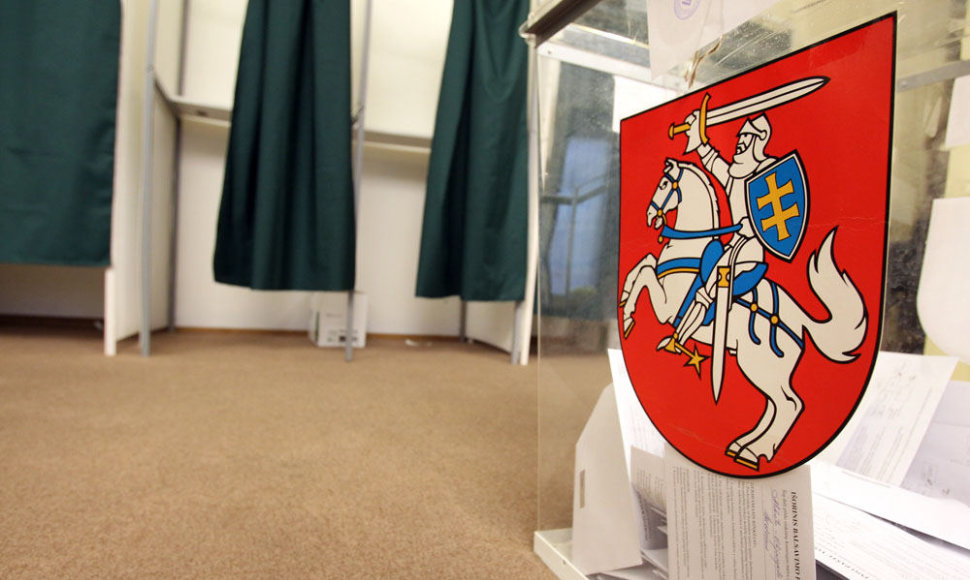The final report by the OSCE Office for Democratic Institutions and Human Rights (ODIHR) concludes that the election campaign was conducted with respect for all fundamental freedoms, and candidates were able to campaign freely, allowing voters to learn about their programs.
Experts noted that election commissions were widely perceived to be impartial, the regulations on election campaign financing were detailed and closely monitored, and the media played a key role in the campaigns.
Observers, however, draw attention to the fact that the number of voters in each electoral district is allowed by law to diverge from the national average by 20 percent. Such differences in the size of districts compromise the equality of voting rights and are not in line with international good practice.
"Single-member constituency boundaries should be revised in order to ensure the equality of the vote between constituencies," the report says.
Experts also state that the ruling from the European Court of Human Rights, saying that a life-time ban for standing for the Seimas for a politician removed from office by impeachment is a disproportionate punishment, has not been implemented.
The authors of the report also believe limits for membership fees of the political parties should be established. Experts recommend amending the law to allow voters to challenge final election results and to provide for direct appeals of final results to a court.
In observers' opinion, a lower threshold for minority parties could be introduced to ensure their representation in the Seimas.
"A lower threshold for minority parties could be considered to enhance the representation of national minorities in the legislature," the document says.
An ODIHR mission visited Lithuanian on 1-19 October 2012, led by Swedish diplomat Rolf Ekeus.












